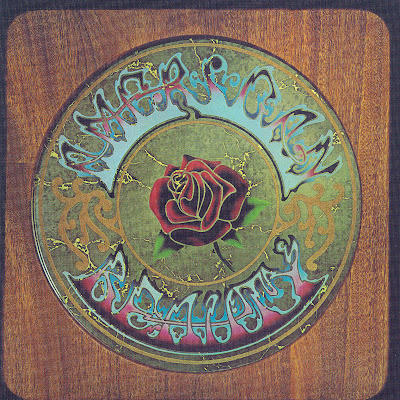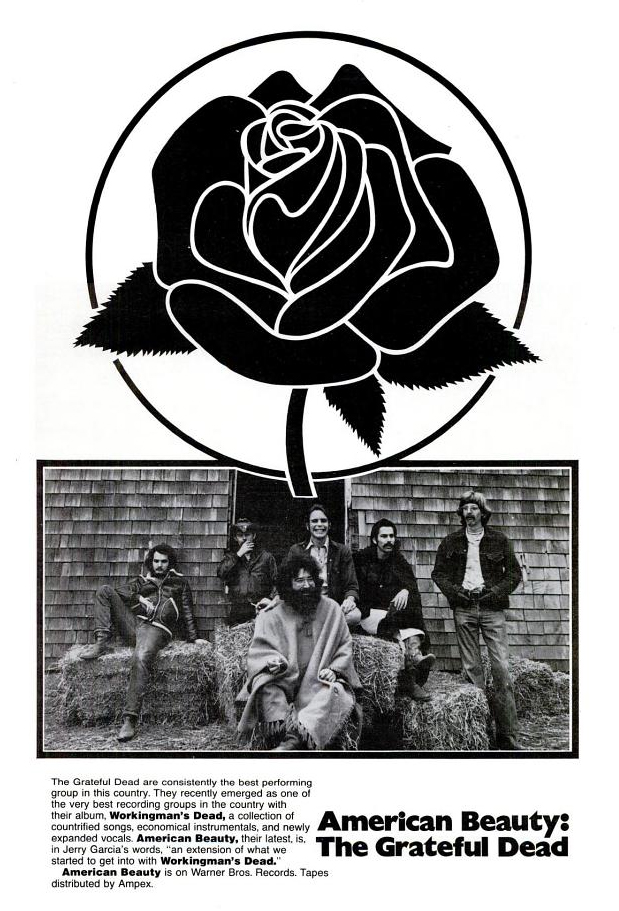 |
| Manfred Mann's Earth Band - German Single 1973 |
Bitrate: 320
mp3
Found in OuterSpace
No Artwork
Manfred Mann's Earth Band is a British progressive rock group formed in 1971 by Manfred Mann.
Manfred Mann in The 70's:
Having started in the 1960s with a British band that had such hits as "Do Wah Diddy Diddy" and "The Mighty Quinn", then moving on to Jazz Fusion with Manfred Mann Chapter Three, Manfred's third band, Manfred Mann's Earth Band, is still alive and recording. In his 2003 biography, Klaus Voormann, former member of Manfred Mann and Beatles-associate, is alleged to have inspired the Earth Band's name by having suggested several times throughout the 1960s that Mann's soft pop style of those days had to become "earthier" and rockier, not least of all because of the seemingly effeminate image of Mann's earlier band which had led to a number of close encounters with violence, particularly in Ireland.
The original line-up consisted of Mick Rogers (guitar, vocals), Manfred Mann (organ, synthesizer, vocals), Colin Pattenden (bass guitar) and Chris Slade (drums). In its very earliest stages, the band was simply billed as "Manfred Mann". This did not mean the band was a solo project, but rather a continuation of the earlier 1960s group Manfred Mann of which Mann was a member. This iteration of the group released their first single "Please Mrs. Henry" in 1971, released as "Manfred Mann". Their second single, Randy Newman's "Living Without You," was also released by Manfred Mann in Europe, but by Manfred Mann's Earth Band in the USA, where the track became a minor chart hit. Thereafter, "Manfred Mann's Earth Band" was the band name used on all releases.
The membership of the Earth Band was stable between 1971 and 1976, during which time they released their first six albums.
The Earth Band combines the stylistic approach of progressive rock with Mann's jazz-influenced Moog synthesizer playing and keen ear for melody. Beside producing own material, a staple of the band's music and live performances from the beginning has been also relying on covers of songs by other modern pop/rock artists, notably Bob Dylan and Bruce Springsteen, in MMEB's progressive rock style.
Mann's interest in English 20th century classical music saw him adapt Gustav Holst's Planets Suite, garnering an unlikely UK hit with a version of the "Jupiter" movement, with lyrics added, entitled Joybringer (included on the 1973 album Solar Fire). Another classical reference was Questions on the 1976 album The Roaring Silence that is based upon the main theme of Franz Schubert's Impromptu in G flat Major. Another classical reference on Solar Fire is in Earth, the Circle, Pt. 1, which uses melody from Claude Debussy's Jimbo's Lullaby.
The title song to 1973's Messin' (written by Mike Hugg and originally recorded by 'Chapter Three' on their unissued third album), as well as most of the album The Good Earth tapped into ecological concerns, a recurring theme in Mann's music in later years, with The Good Earth giving away a free gift of a piece of land in Wales with each album sold. Like other progrock acts, beside treating environmental issues the band also issued concept albums on space and sci-fi themes (particularly Solar Fire, a minor resurgence of which was seen in the songs "Launching Place" off The Good Earth, and "Starbird", based upon Igor Stravinski's ballet The Firebird, on The Roaring Silence) and a number of their songs featured religious or biblical imagery ("Prayer" on the band's debut album, "Buddah" on Messin', Dylan's "Father of Day, Father of Night" and "In the Beginning, Darkness" on Solar Fire, "The Road to Babylon" and "This Side of Paradise" on The Roaring Silence, "Resurrection" on Angel Station).
 |
| Manfred Mann's Earth Band - Netherland Single 1974 |
The U.S. breakthrough for the band came in the third week of February 1977, when they charted at No. 1 on the Billboard Hot 100 with Bruce Springsteen's "Blinded by the Light" from the 1976 album The Roaring Silence. Before this hit, Guitarist/Vocalist Mick Rogers had earlier left the band (after the 'Nightingales And Bombers' album of 1975). Chris Thompson (Lead vocals, guitar) and Dave Flett (Lead guitar, backing vocals) had been quickly recruited to replace Rogers for 'The Roaring Silence' (Rogers contributed backing vocals to the album). While the Springsteen original of 'Blinded By The Light' from 1973's Greetings from Asbury Park, N.J. has a folky, acoustic sound, the Earth Band's version is driving rock, combining Mann's Moog synthesizer and organ work with Flett's guitar.
The counterpoint at the end of the song, in which Manfred himself can be heard in a rare lead vocal singing opposite Thompson, was the feature that initially attracted him to the song. The band took advantage of the publicity and re-released another Springsteen song, "Spirit in the Night", which the band had covered the previous year on Nightingales & Bombers, originally with Rogers on vocals—although for some territories it was re-recorded for single release with a vocal from Thompson (this extra track appeared on the US version of 'The Roaring Silence' album).
The albums Nightingales & Bombers, The Roaring Silence, and Watch followed in sequence. Watch produced another hit single in "Davy's on the Road Again", and the albums were original despite the dependence on covers of other artists' songs. Nightingales and Bombers took its title from a World War II naturalist's recording of a nightingale singing in a garden as warplanes flew overhead; the recording appears in a track on the album (the US version included an extra track, a cover of Bob Dylan's; 'Quit Your Low Down Ways' sung by Mick Rogers) . The Roaring Silence featured a guest appearance by jazz saxophonist Barbara Thompson, and Watch included two stand-out recordings from the band's live performances of "Davy's on the Road Again" and "Mighty Quinn."
Manfred Mann's Earth Band
Golders Green Hippodrome, London, England
November 20, 1973
♦ Manfred Mann - keyboards, vocals
♦ Colin Pattenden - bass
♦ Mick Rodgers - guitar, vocals
♦ Chris Slade - drums
01. Intro by Richard Skinner
02. Mercury, The Winged Messenger
03. Buddha
04. Band Introductions/Messin'
05. Father of Day, Father of Night/Glorified Magnified/Captain Bobby Stout
06. The Mighty Quinn
1. Link
or
2. Link
.














